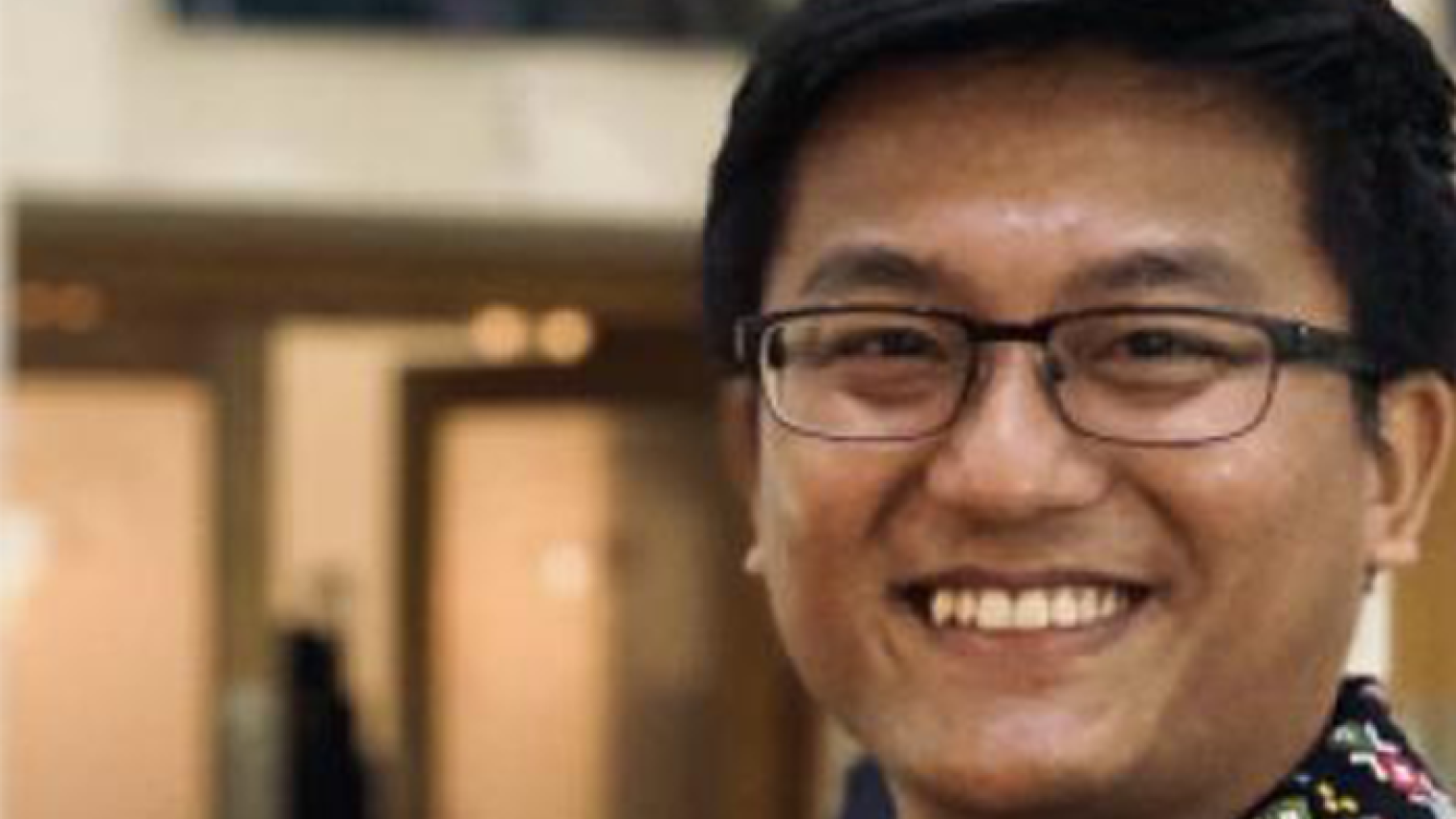Department of Political and Social Change Seminar Series
A new wave of resistance movement, widely referred to as the "Spring Revolution," has emerged in Myanmar after the military staged a coup d’état in February 2021. The mass movement initially began as a peaceful, nonviolent movement led by hundreds of thousands of civil servants, but within months, civilian-led armed resistance emerged simultaneously in both rural and urban areas amidst the military’s brutal crackdown. The emergence of these two phenomena in Myanmar’s Spring Revolution resonates with the violence-nonviolence dichotomy in revolutionary studies. Classical theories tend to describe revolutions as violent, elite-driven, structural, and class-based while more recent studies tend to see contemporary revolutions as primarily nonviolent movements, agency-based, and featuring cross-class participation.
This PhD project plans to explore the origins and trajectories of the revolution and its dual strategies - unarmed and armed - by analysing the country’s contexts and strategies and interactions of revolutionary actors. It will also investigate the nature and drivers of transition from one form of contention to another during a revolution through interviews and research in Myanmar’s neighbouring countries, Thailand and India. Secondary data from online and offline sources will also be collected for textual content analysis. Between twenty-five and forty leaders, representatives, or spokespersons with a mix of influence, ethnicity, and geographical representation will be selected for online and offline semi-structured elite interviews. This study aims to serve as a guidebook for understanding the complexity and multifaceted of Myanmar's newest resistance movement and its dual strategies through in-depth empirical work, while also contributing to theoretical debates on revolutions and civil conflicts.
About the speaker
Salai Samuel Hmung (Samuel) is a PhD student at the Department of Political and Social Change of The Australian National University (ANU) and a research officer at the ANU Myanmar Research Centre. He previously received a Master of Political Science (Advanced) from the ANU under the Australian Awards scholarship. His master thesis applied an original power-sharing framework to explore and compare the preferences of Myanmar’s elite political actors for power-sharing through their public statements from 2015 to 2020 by using a dictionary-based content analysis method. He has ten years of professional experience in the field of peacebuilding, electoral politics, and youth activism in Myanmar. He has worked as a researcher for institutions and projects, including the ARC-funded project ‘Constitutional Change in Authoritarian Regimes: The Case of Myanmar’ at the Faculty of Law and Justice of the University of New South Wales, the Southeast Asia Rules-Based Order (SEARBO) project at the ANU Coral Bell School, and the United States Institute of Peace. His broader research interests include power-sharing institutions, civil conflicts, and rebel governance.
